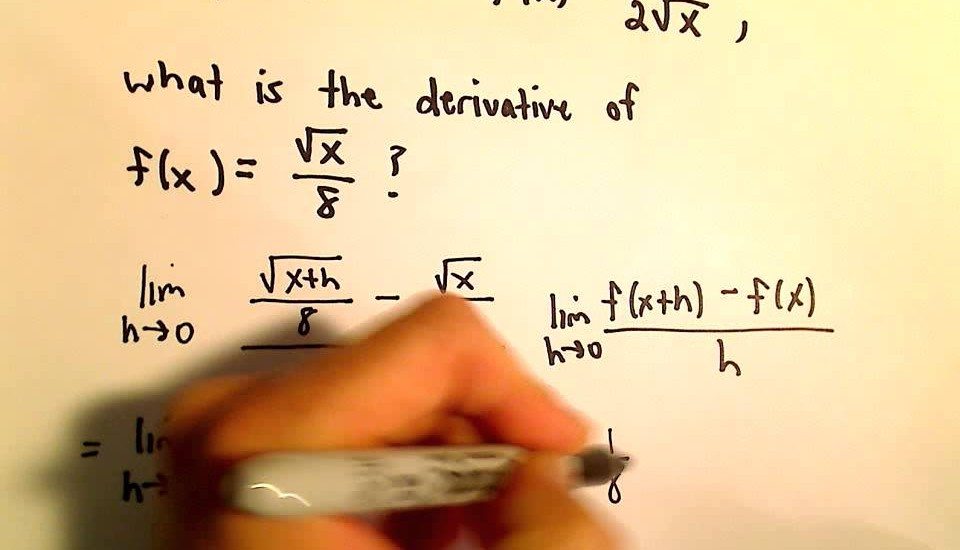
If you intend to trade in futures and options, you need to understand the essentials and differences between these two investments. Understanding the basics and differences of futures and options will help you know the risks as well as the profit potential involved before you decide on which one to invest in.
Futures
A futures contract is legal agreement to buy or sell an underlying security at a certain time in future at a pre-determined rate. The contract is standardized in terms of quality, quantity, place for settlement at a future date and delivery time. Parties entering into such agreements have a duty to complete the contract at the end of the contract period with the delivery of stock or cash.
Options
Just like futures contracts, options are securities that are legally binding agreements. Unlike futures, options give you the right to buy and sell any underlying asset or security without being obligated to do so as long as you follow the rules of the options contract. Apart from offering you the right to buy or sell an underlying security, options are derivatives. A derivative is a financial instrument that derives its value from the value of the underlying security and time.
Basically, there are 2 types of options-call and puts options. Calls options offer buyers the right, but not the duty to buy a given quantity of the security, at a given rate or before a particular date in future. Puts options give the buyer the right, but not the right to sell a particular quantity of a security at a certain rate on or before a particular date in future.
Differences between futures and options
If you are a buyer on the futures market, there is no limit on the profit or loss you can make. A futures contract has the potential to incur unlimited profit or loss whereas the buyer of options has the potential to make unlimited profit and limited loss.

